8/14
Plant-Based Leaders | Roquette
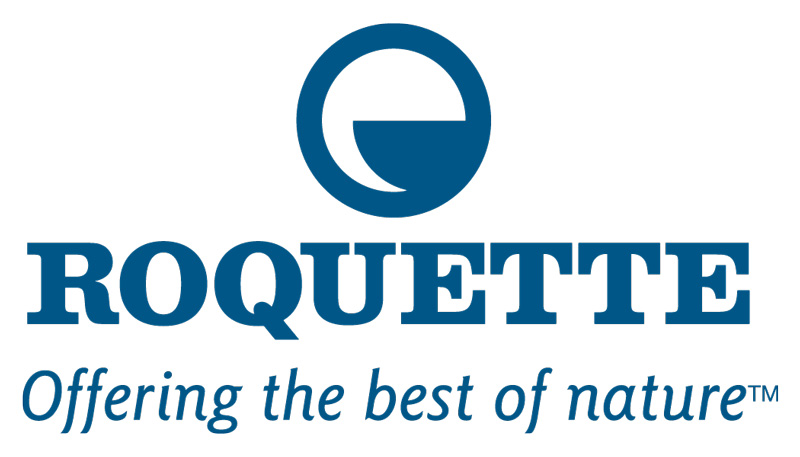
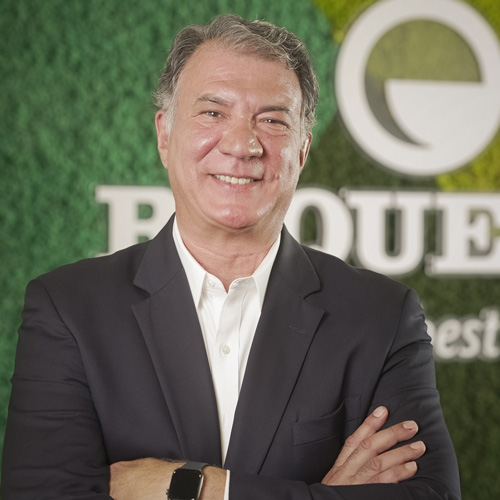
For this edition of Plant-Based Leaders, we interviewed Ricardo Grizzo, Head of Core Ingredients for the Americas and Americas Regional Coordinator of Roquette. Roquette is a PBPC member and a global leader in plant-based ingredients and pharmaceutical excipients.
Q
Roquette has been serving customers for over 90 years. That’s truly incredible.
A
Yes, we began in 1933 in Lestrem, France. Since then, we’ve grown into a global leader in plant-based ingredients and pharmaceutical excipients. We’re now in over 100 countries with more than 30 manufacturing sites and nearly 10,000 employees.
We’re focused on using plant-based raw materials to create plant-based foods, pharmaceutical solutions, and innovative ingredients for health markets. Our goal is to improve lives by unlocking nature’s potential. We’re driven by innovation and committed to sustainability, always working toward a healthier future for everyone.
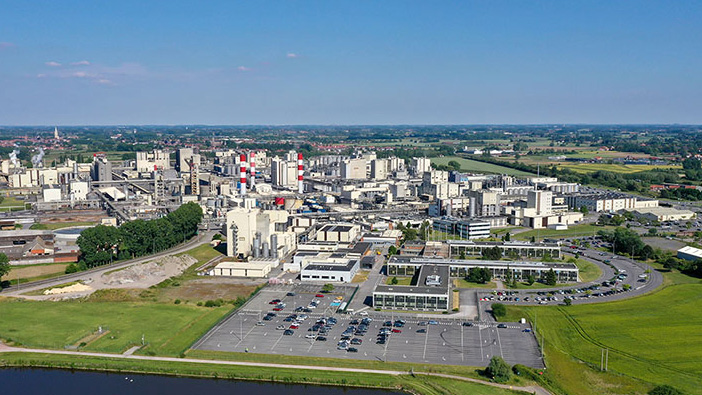
Q
Roquette has redoubled its focus on sustainability. Can you tell us about what inspired you?
A
Our focus on sustainability is really driven by our commitment to long-term innovation and responsibility. We joined the UN Global Compact in 2009, which unites various stakeholders around key principles in human rights, labor, environment, and anti-corruption. We believe sustainable development is crucial for our success, which is why we’ve launched our “life+nature” program to guide our efforts through 2030.

Q
Roquette has organized its sustainability goals around a three-pronged approach, correct?
A
That’s right. Our strategy can be broken down into three main areas. First, “PRESERVE the planet.” Among other things, we’re aiming to cut our CO2 emissions by 25% by 2030 by investing in energy efficiency and renewable energy. We’re also supporting regenerative agriculture through different programs, each of which helps farmers adopt sustainable practices.
Next is “INVENT for the future.” This is all about driving innovation. We’re evaluating all our products to understand their environmental and societal impacts to guide our research and market efforts in the right direction.
Finally, “CARE for people” drives our focus on human rights, health, and safety. We’ve created a diverse, inclusive workplace and are strengthening our community relationships by taking care of our people and the places we operate in.
Q
Let’s dig a bit deeper into those three areas. What progress toward your “PRESERVE the planet” goals are you most proud of?
A
We’ve made some great strides here. We’re working to reduce our direct and indirect CO2 emissions by 25% by 2030. So far, we’ve managed to cut direct emissions by 10.7% and selected indirect emissions by 2.8%.
We’re also focused on using more sustainable materials. Our goal is for 60% of our raw materials to be sustainable, and we’ve already reached 43%, which is a significant milestone. We’re also working to implement 30 regenerative agriculture programs worldwide.
Water management is another big focus. We’ve reduced water withdrawals by 9% so far, aiming for 20% by 2030. Additionally, we’ve launched 16 initiatives to regenerate nature and biodiversity. This is all a part of our commitment to the Paris Accords and limiting the rise of the global average temperature.
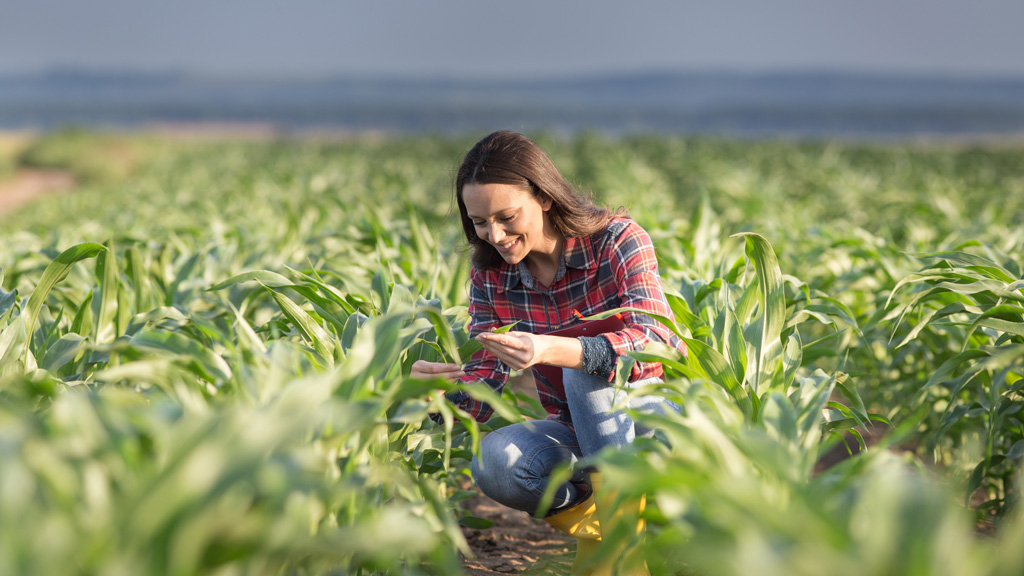
Q
“PRESERVE the planet” also addresses sustainability in the supply chain. Can you speak to the importance of sustainability upstream?
A
Our business relies heavily on raw agricultural materials like wheat, corn, potatoes, and peas. So, sustainability must start right at the source. We’re working closely with farmers and cooperatives to increase our use of sustainable raw materials and are giving preference to grains that respect some criteria of various sustainability programs. Our goal is to have 60% of our raw materials certified as sustainable by 2030.
We’re also expanding efforts with initiatives like sourcing SAI-certified corn from China and the Transitions program in France, which helps farmers adopt more regenerative practices.
Q
What progress toward your “INVENT for the future” goals gives you the most pride?
A
We’ve implemented a sustainability assessment tool for our product portfolio, helping us meet new consumer expectations for more sustainable products. Plus, our R&D and Innovation teams work on an eco-design program to reduce environmental footprints throughout product lifecycles.
The recent opening of new innovation centers in France, Singapore and the United States is really an opportunity for us to continue developing these kinds of programs all around the world. We’re also committed to training more than 500 engineers and researchers by 2030. In fact, over 75% of our projects met green chemistry criteria in 2023. It’s all about innovating for a more sustainable future.
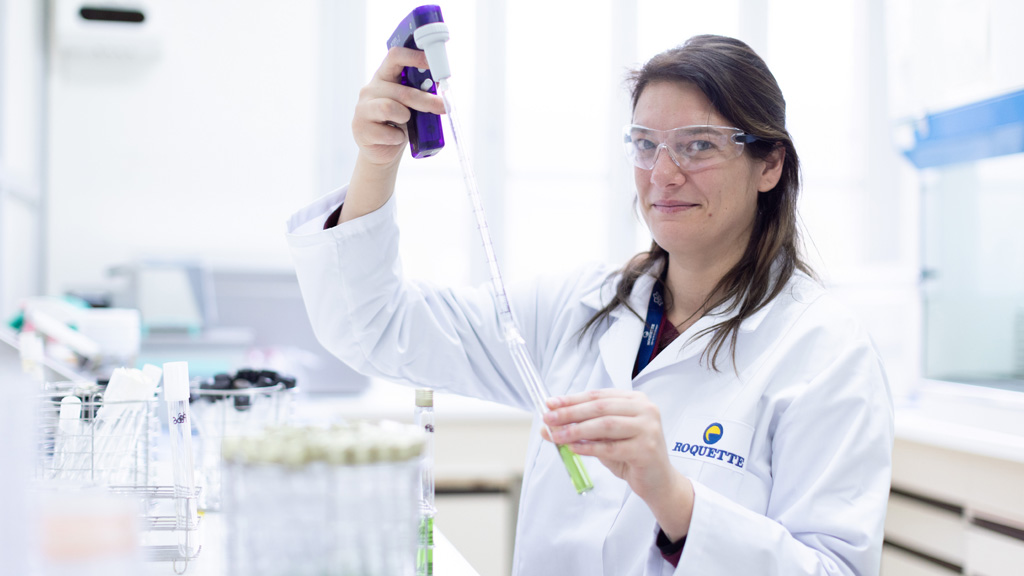
Q
Tell us about your latest innovations.
A
We’ve got some exciting new products such as our STABILYS® BA 25 corn starch-based solution for food packaging. It replaces harmful PFAS while still maintaining excellent grease resistance. It’s more sustainable and biodegradable – perfect for the growing demand for eco-friendly packaging.
In cosmetics, we’ve developed Beauté by Roquette® LS 007 100% plant-based preservative booster that helps keep cosmetic products safe and long-lasting. It’s a great natural alternative that meets the consumer demand for greener options in beauty products.

Q
What can you tell us about progress toward your “CARE for people” goals?
A
It’s all about improving lives and communities.
We’re working toward assessing all our suppliers for human rights compliance by 2030. So far, we’ve assessed 62%, and we’ve launched 90 community initiatives out of our 100-initiative goal. Through the Roquette Foundation for Health, we’re promoting sustainable eating for young people in France, India, and Brazil.
Diversity is also a big focus; we’re aiming for 40% of management positions to be held by women by 2030. We’re at 25.6% now, so we’re getting there.
We regularly check in on employee engagement and have surpassed our target for well-being initiatives. We’ve already met our 2030 goal of providing all employees with 25 hours of annual professional development training.

Q
You recently launched your 2023 sustainability report. Why is non-financial reporting important for your sustainability goals?
A
Non-financial reporting is key for tracking our progress on the life+nature program. It helps us stay on top of our sustainability targets by ensuring we have consistent data and clear processes. Reliable data supports better decision-making and resource allocation.
For instance, in 2023, our teams worked on improving how we track and report our carbon footprint, which helps refine our emissions reduction efforts and makes our data even more accurate.
Q
What do sustainability certifications like SAI Platform, Science Based Targets initiative, EcoVadis, etc., mean for your company?
A
These certifications are a big deal for us. In sustainability, transparency is key, and these certifications help us clearly communicate our progress and commitments.
Getting our Science Based Targets initiative (SBTi) target validated was huge – it means our goals are backed by solid scientific evidence.
Certifications like SAI Platform and EcoVadis help ensure our raw materials and processes meet high sustainability standards. They also make our actions transparent throughout the value chain.
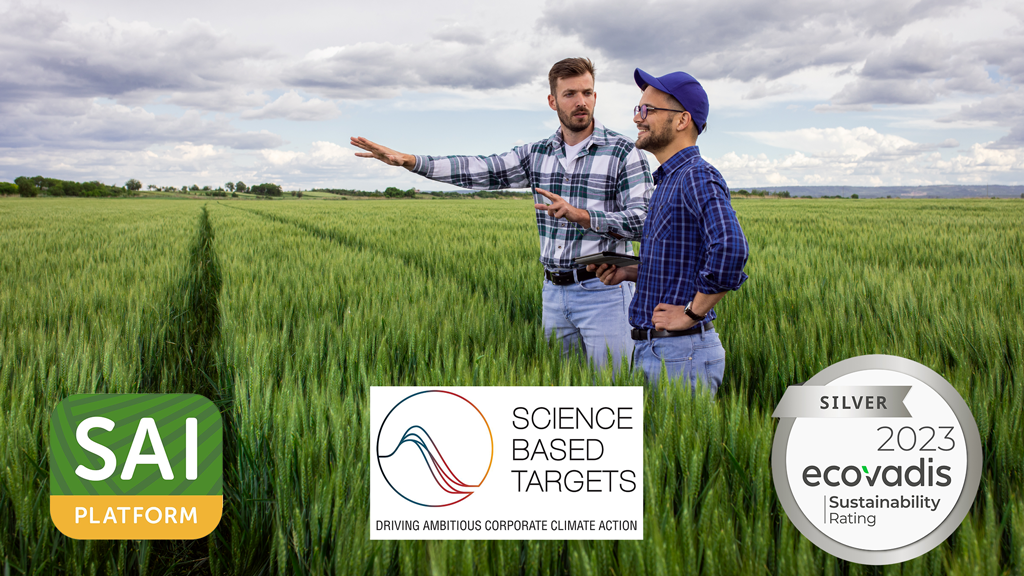
Q
Two of your products, BIOSUCCINIUM® succinic acid and POLYSORB® isosorbide, both received the USDA Certified Biobased Product label. What benefits do you see from pursuing that label?
A
The USDA BioPreferred Program is a key standard for certifying products made from renewable plant-based sources. It supports the growth of the plant-based products’ market.

For us, getting this label on BIOSUCCINIUM® and POLYSORB® really underscores our commitment to sustainability. It validates that our products come from renewable plant materials, which aligns perfectly with our goal of offering eco-friendly solutions. This certification not only boosts our product portfolio but also reinforces our leadership in sustainable innovation.
Q
What policies would you want lawmakers to consider that would help move the bioeconomy forward?
A
When it comes to sustainability, traceability is crucial. We need effective labeling schemes to ensure products are traceable throughout their lifecycle. But right now, there are so many different labels and certifications out there, it’s confusing for businesses and consumers alike. It would be great if lawmakers could streamline these labeling schemes, which would make traceability clearer and help everyone make more informed choices about sustainable products.
Q
You’ve been a member of PBPC since its inception. How is that membership valuable to Roquette?
A
Being part of the Plant Based Products Council (PBPC) is extraordinarily valuable, as they amplify our voice and align us with other companies that share similar sustainability goals. PBPC creates a strong, unified voice in the plant-based market, which helps us advocate for sustainable practices and emphasize environmentally friendly products. Working together with other businesses through PBPC helps us expand our reach, extend our voice, and achieve our sustainability goals more effectively.
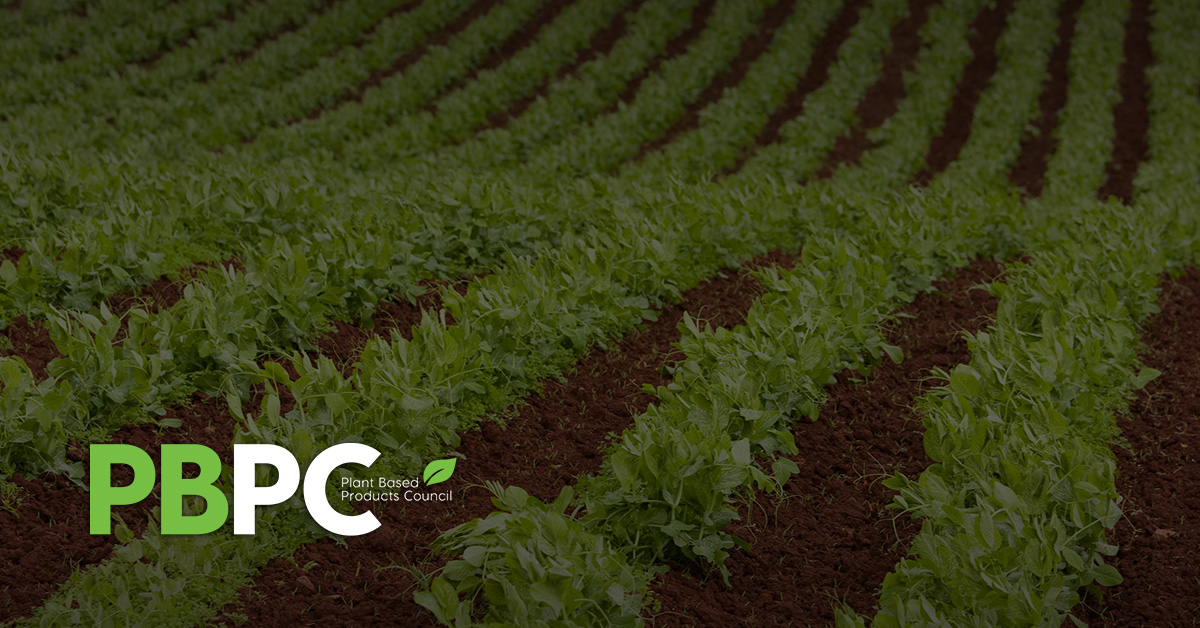
PBPC creates a strong, unified voice in the plant-based market, which helps us advocate for sustainable practices and emphasize environmentally friendly products.
Join our growing group of plant-based leaders working toward a more sustainable economy. Learn more about the benefits of PBPC membership.
